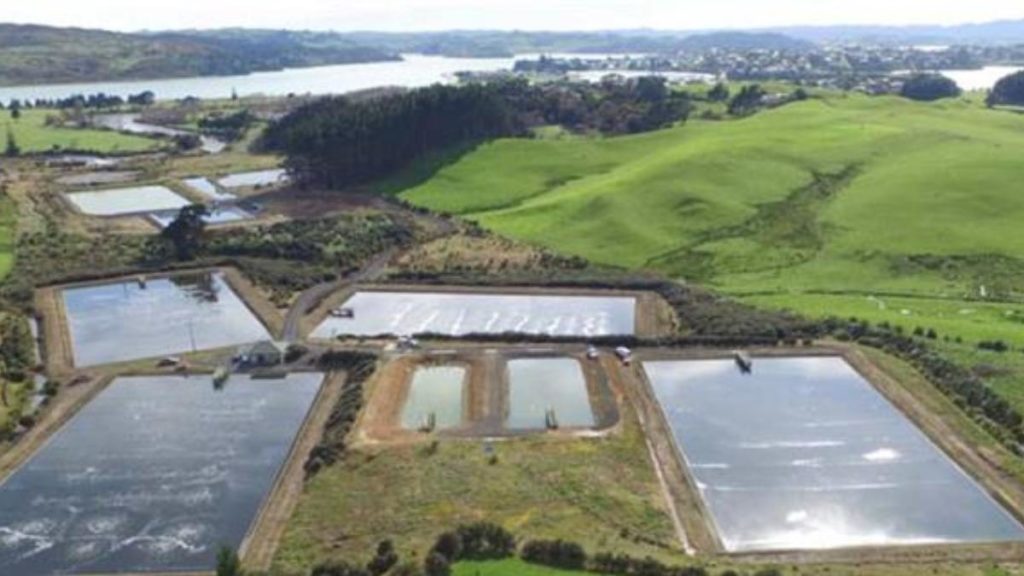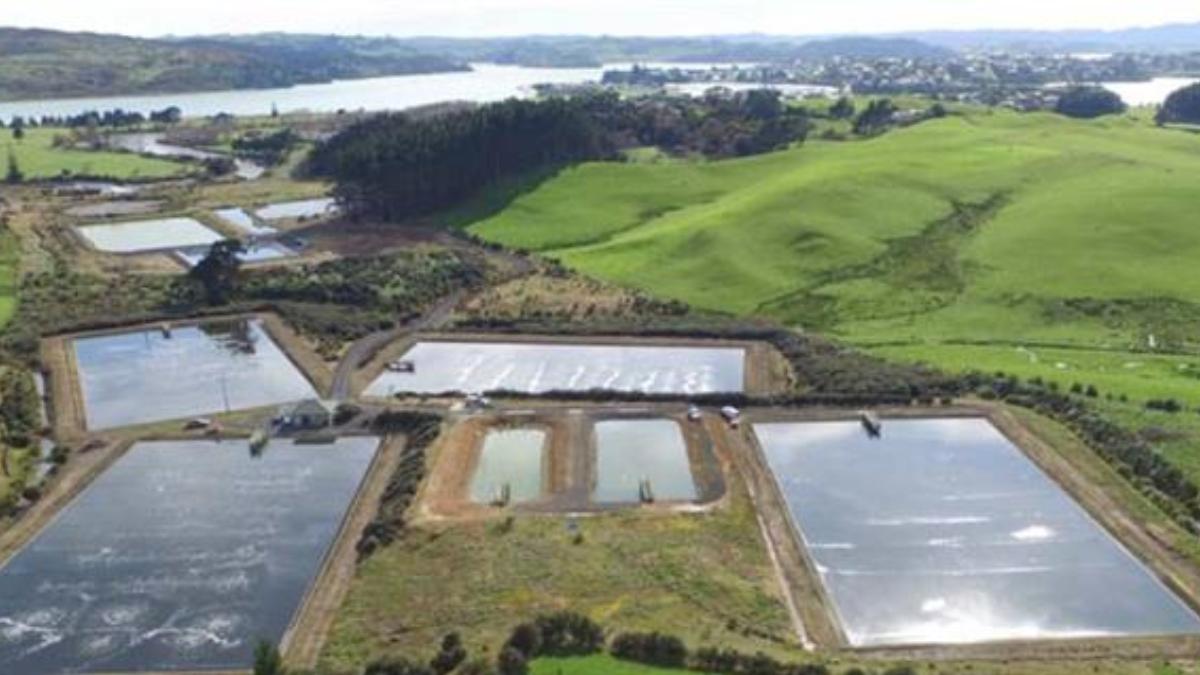Whāingaroa/Raglan’s Wastewater Treatment Plant (WWTP) discharge consent expires in February 2020. Council is the asset owner and is in the process of submitting an application to Waikato Regional Council, who is the regulatory body that issues resource consents. We’re taking the time to do this right, as we know how important this is to the Whāingaroa/Raglan community. A public meeting is scheduled for Wednesday 27 November from 6.30pm at Raglan House, Bow St, Raglan. All invited.
What we’re doing about it
Assessing the options available to us makes up a large part of the investigations required for the consent application process. Therefore, we’ve engaged planning, environmental and engineering experts Beca to assist us, and our service provider Watercare Services Limited, in putting together our resource consent application, along with other specialist sub-consultants to help with land suitability, marine modelling, public health and coastal ecology investigations and assessments.We have been engaging with iwi and stakeholders. Discussions have been held with local iwi, the community board and stakeholders that are identified as having an interest. The wider community has also had the opportunity to be kept informed and discuss the project with our team at public drop-in sessions (see the dates below).
The short-term consent
Because of the aspirations of the community and the complexity of this process, we’ve lodged an application for a short-term consent with the Waikato Regional Council. This short-term consent will give more time to thoroughly tease out all the options and engage with iwi and the community on them. We want to get this right and we are willing to take the time to do that.
With the advice received and the consideration that ongoing investigations are complex, we believe the best term sought for the interim consent was 36 months. We will continue to investigate a long-term sustainable wastewater treatment and discharge solution during this time.
It is worth noting that this does not stop Council applying for consent for the long-term term consent sooner. The pace of stakeholder engagement and development of the ultimate solution will impact directly the submission date of the long term consent.
Why do we need an interim consent?
Pressure on the timeframes associated with preparing an application before the current consent expires in February 2020 was a concern expressed by the stakeholder group and the Council project team. We don’t want the current consent to expire.
Iwi, the Raglan community and other stakeholders have expressed a strong preference for a discharge to land option, and, as a result, we’ve been investigating potential land discharge/land treatment options since 2016.
Since early 2019, we have widened our investigations to include other alternatives and we’re currently assessing potential treated wastewater reuse and discharge to water options and combinations of the same. Given the complex technical engineering, environmental and cultural considerations involved in the option assessment process, these investigations are ongoing.

As part of these investigations, we also have to consider the capital, operational and whole-of-life cost of the options as well as the affordability to the community.
In order for the long-term preferred option to be properly investigated and to enable the continued operation of the wastewater treatment plant while that process is carried out, we have lodged a short-term consent for a period of 36 months. This consent will authorise the existing discharge and coastal occupation activities to continue. Once the preferred long-term option has been identified, a long term resource consent application will be lodged.
We started our thinking at a 12 month short term consent, however feedback from external experts tells us that 36 months was most realistic (this timeframe also provides for some contingency). This timeframe was supported by Waikato Regional Council, the consenting authority.
Also adding to the complexity of this situation, during the period that this consent has been worked on, we entered a multi-decade contractual arrangement with Watercare Services Limited. Watercare now provide all of Council’s three water services to the community. We believe that the key to getting the best long term outcome for the Whāingaroa/Raglan community is the inclusion of Watercare’s expertise and innovation, alongside stakeholders, in the process to assist the creation of the best solution.
Who are Watercare and what’s their role?
For more than six years, Waikato District Council has been working towards a better and more sustainable way to deliver water services across the district. This process has considered different regional structures and models. After several iterations it was determined by Council in 2018 to engage with Watercare, who are Auckland Council’s Council Controlled Organisation (CCO) for water and wastewater services.
A 29 year arrangement has been put in place for Watercare to deliver the three waters services for Council as of 1 October 2019. A Waters Governance Board (a delegated decision making body of Council) is now in place to ensure the contract delivers on the objectives of Council. With this relationship now in place, we can leverage Watercare’s considerable technical expertise and procurement experience to get the best outcomes for the Whāingaroa/Raglan community regarding the wastewater treatment plant and its consent.
Next steps
The investigations on the longer term solution will not stop with the lodgement of the November application. Work done for non-marine solutions will continue. We know that a part land based (re-use) solution is technically available, where key components for success include both land availability and affordability.
We need to consider both private and Council-owned land options. We need enough time to work through these, keeping in mind that some timeframes (around private land options) are to an extent outside of our control.
It is important that our key stakeholder’s and the wider community understand that the sensitivity of such work means that step-by-step updates on progress might not be possible due to commercial sensitivity/possible negotiations and investigating land based re-use options has been the main work undertaken to date. This will continue.
A public meeting is scheduled for Wednesday 27 November from 6.30pm at Raglan House, Bow St, Raglan. All invited.

